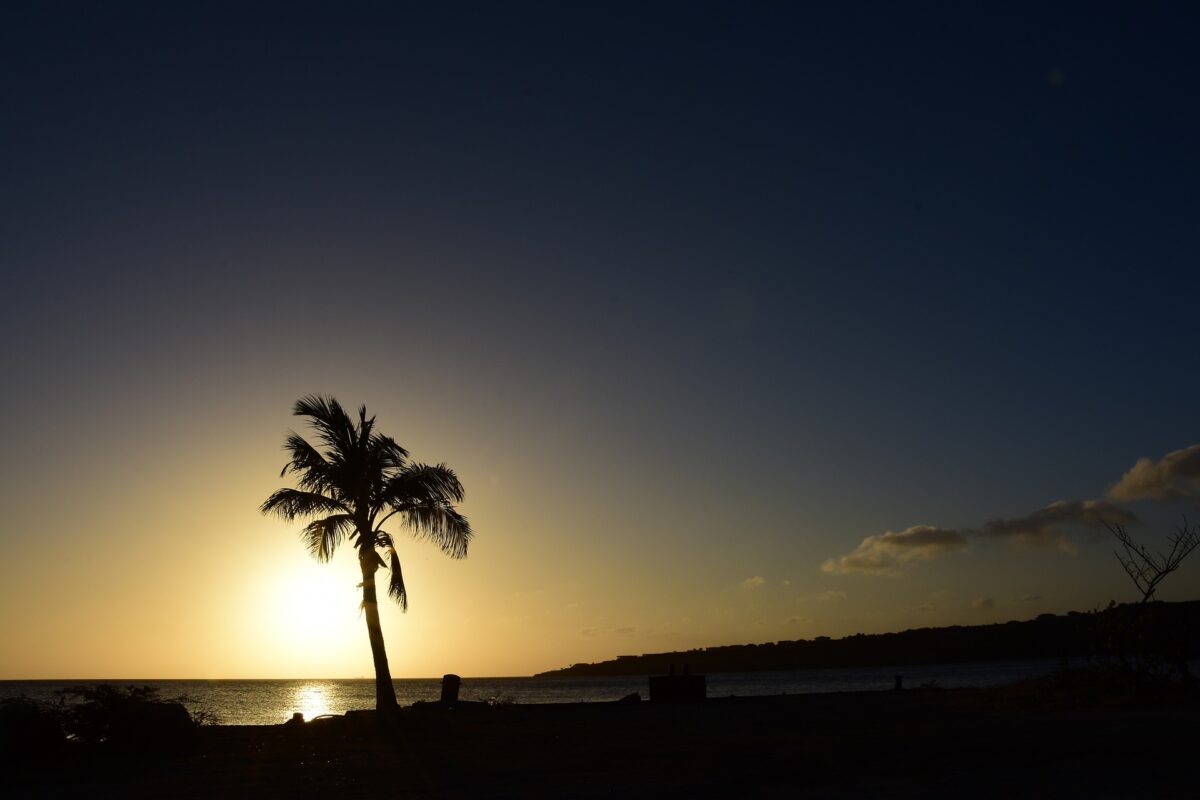The Dutch government has revealed that it will extend the SDE++ incentive program for large-scale renewables to its overseas territories of Curaçao, Aruba, and Sint Maarten, It had previously extended the program to the so-called Dutch Caribbean, which includes the islands of Bonaire, Saba, and Sint Eustatius.
The government said that the Netherlands Organisation for Applied Scientific Research (TNO) is currently mapping the territory of the three islands to identify suitable sites for wind and solar project deployment. The funds for the development of the SDE++ program for Curaçao, Aruba and Sint Maarten will come from a €200 million ($215.3 million) budget from the National Growth Fund (NGF) that the government has earmarked for the economic development of the islands.
The first solar park of the Dutch Caribbean was inaugurated in November 2017. The 4.1 MW project, located on the island of St. Eustatius, was fully funded by the Dutch government and combined with a 5.9 MWh storage system.
Curaçao and the Dutch Caribbean were both part of the Netherlands Antilles until 2006. From 2007, however, Curaçao and Sint Maarten were granted special autonomy, while Bonaire, Sint Eustatius, and Saba became special municipalities of the Netherlands.
Popular content
In the latest round of the SDE++ program, the Dutch authorities allocated 1.9 GW of PV capacity. It said that the allocated PV capacity consists of 1.051 MW for commercial and industrial PV systems, while an additional 862 MW will come from utility-scale PV plants to be constructed on land or water. Wind power projects, on the other hand, were only assigned 39 MW.
Overall, the agency has allocated 2,813 MW of capacity spread across different renewable energy technologies, as well as other technologies for CO2 capture.
This content is protected by copyright and may not be reused. If you want to cooperate with us and would like to reuse some of our content, please contact: editors@pv-magazine.com.



2 comments
By submitting this form you agree to pv magazine using your data for the purposes of publishing your comment.
Your personal data will only be disclosed or otherwise transmitted to third parties for the purposes of spam filtering or if this is necessary for technical maintenance of the website. Any other transfer to third parties will not take place unless this is justified on the basis of applicable data protection regulations or if pv magazine is legally obliged to do so.
You may revoke this consent at any time with effect for the future, in which case your personal data will be deleted immediately. Otherwise, your data will be deleted if pv magazine has processed your request or the purpose of data storage is fulfilled.
Further information on data privacy can be found in our Data Protection Policy.